Description
As currently taught, the introductory course in analytical chemistry emphasizes quantitative (and sometimes qualitative) methods of analysis coupled with a heavy dose of equilibrium chemistry. Analytical chemistry, however, is more than equilibrium chemistry and a collection of analytical methods; it is an approach to solving chemical problems. Although discussing different methods is important, that discussion should not come at the expense of other equally important topics. The introductory analytical course is the ideal place in the chemistry curriculum to explore topics such as experimental design, sampling, calibration strategies, standardization, optimization, statistics, and the validation of experimental results. These topics are important in developing good experimental protocols, and in interpreting experimental results. If chemistry is truly an experimental science, then it is essential that all chemistry students understand how these topics relate to the experiments they conduct in other chemistry courses.
Currently available textbooks do a good job of covering the diverse range of wet and instrumental analysis techniques available to chemists. Although there is some disagreement about the proper balance between wet analytical techniques, such as gravimetry and titrimetry, and instrumental analysis techniques, such as spectrophotometry, all currently available textbooks cover a reasonable variety of techniques. These textbooks, however, neglect, or give only brief consideration to, obtaining representative samples, handling interferents, optimizing methods, analyzing data, validating data, and ensuring that data are collected under a state of statistical control.
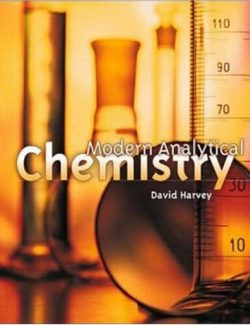
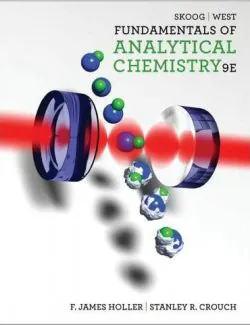
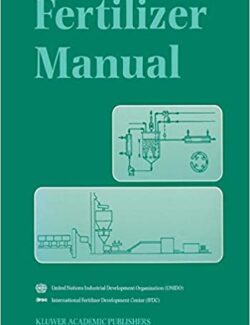
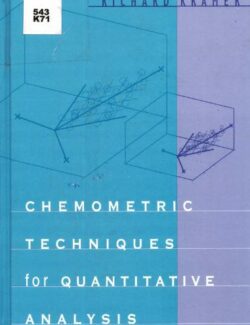
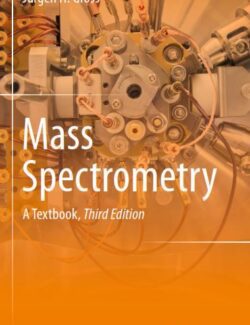
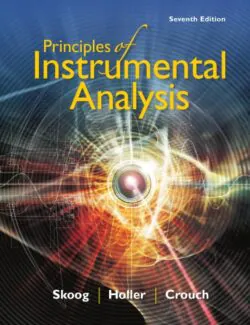
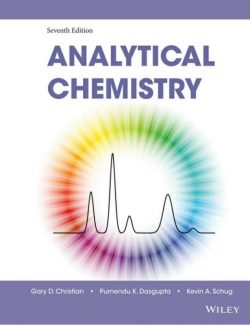
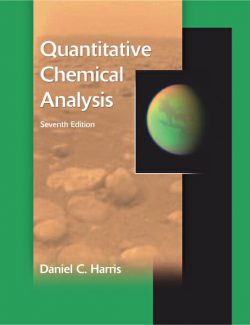
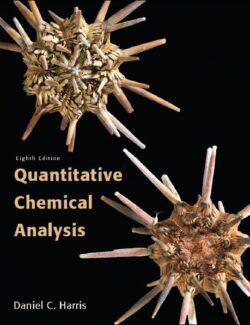
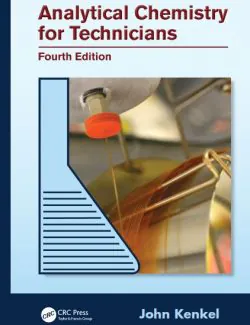
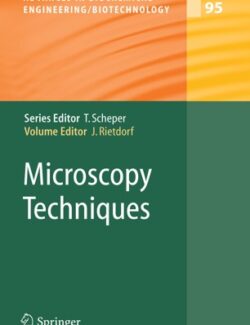
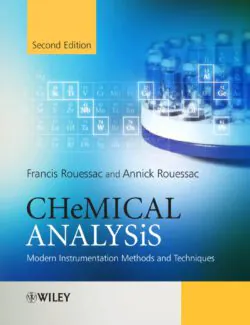
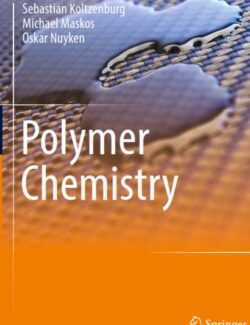
Leave us a comment
No Comments